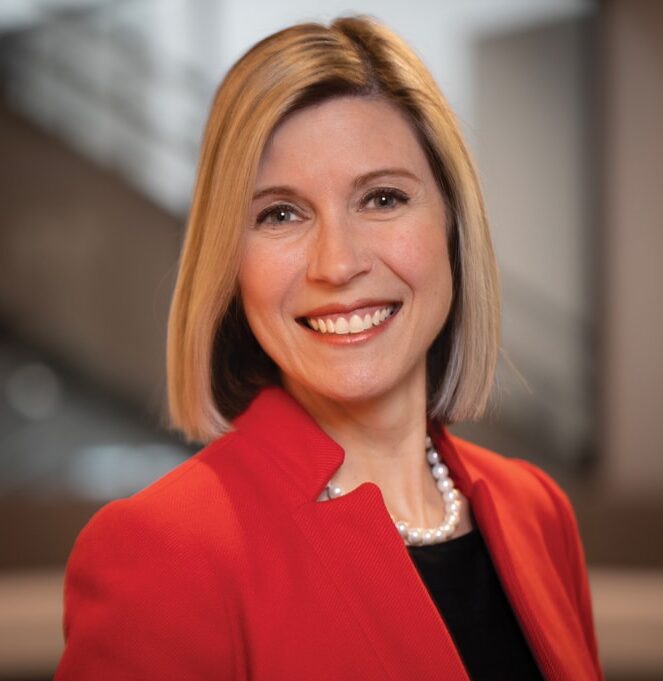Opinion: A different future

My friend K.C. asked an interesting question last week when I joined him late in the day on the sidewalk across from the former Christian Science Church in the 3700 block of Grand Avenue. Heavy construction equipment was preparing the site for Harry Bookey’s luxury condo project, and the noise was considerable.
K.C. said something about Bob Woodward’s interview with President Donald Trump back in March. Then he asked, “If you’d known in March how dangerous the virus is, what would you have done differently?”
“Wear a mask, of course,” I said.
“This pandemic is one long list of missed opportunities,” I added. “Our initial response was awful. We didn’t use the Defense Preparedness Act to provide and coordinate supplies of PPE and medical equipment when it mattered.
“We wasted months when no single person or authority was in charge. In fact, there still isn’t any central authority.”
“You have to remember,” K.C. said, “that a lot of the people in charge did not believe government should even play a role. Many in the Trump administration were free-market advocates who believe it’s up to the private sector to find and implement solutions.”
“That’s the same mistake Herbert Hoover made,” I said.
“Actually,” said K.C., “the private sector has done a remarkable job creating vaccines. We now have three that are nearing the point where they can be distributed.”
“But we still face a bottleneck,” I said. “No one is in charge of deciding who will get the vaccines or how they’ll be distributed.”
“Or pay for them,” K.C. said. “Some of these vaccines are said to cost hundreds, even thousands of dollars for a single dose.
“But go back to my original question,” he said. “What would YOU have done differently, besides wear a mask?”
“If I was smart,” I said, “I would have gone out and bought shares of the companies that stood to benefit from a pandemic. Last spring that would have been digital companies like Zoom and Fastly, as well as delivery services like Amazon and UPS.
“Now,” I added, “the hot ticket is pharmaceuticals, the companies making vaccines.”
“Maybe,” K.C. said, “but picking the right vaccine maker is a riskier proposition. You don’t know today which of the three or five, or whatever the number turns out to be, will be the golden ticket.
“What else?” K.C. said.
I thought for a minute, then said: “I would have bought a new bicycle and a commercial-grade outdoor heater. I’ve been wanting both for a long time, and the backlog for each is longer than a port-a-potty line on Ragbrai.
“What would you have done differently?” I asked.
“It doesn’t matter,” K.C. said. “What matters is what we do now. We need to get over this attitude that we’re going to get through this and things will go back to the way they were.
“That’s not going to happen. This is not a one-and-done virus.
“It, or something like it, is going to be with us from now on. Coronavirus is not like the mumps or measles. You can’t be vaccinated and expect to never get it again.
“It’s like the flu. It or a different version is going to come back every year from now on. We’ll need a different vaccine for it every year, just like we do now for the flu.
“If we’re going to survive, we’re going to need stronger, better science, and we’re going to have to trust it and believe in it.
“And we’re going to have to overhaul our whole educational system. We need to figure out a way to make online learning or other alternatives work at all levels.
“And the sooner the better,” K.C. said as he turned and began walking toward the sunset.







